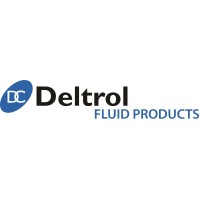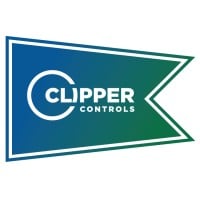
Deltrol Fluid Products
Located in Bellwood, Illinois, just outside of Chicago, and founded in 1963, Deltrol Fluid Products began with in-line accessory hydraulic and pneumatic flow, needle, and check valves. When screw-in style cartridge valve technology developed, our product offering expanded to include cartridge valves. Now, with over 50 years of experience, our cartridge valve product line includes solenoid and manually operated, directional control, flow control, and pressure control cartridges that are both screw-in and slip-in style valves. We also offer a comprehensive line of standard products and thrive on providing custom valves and integrated circuits that meet our customers' needs.






